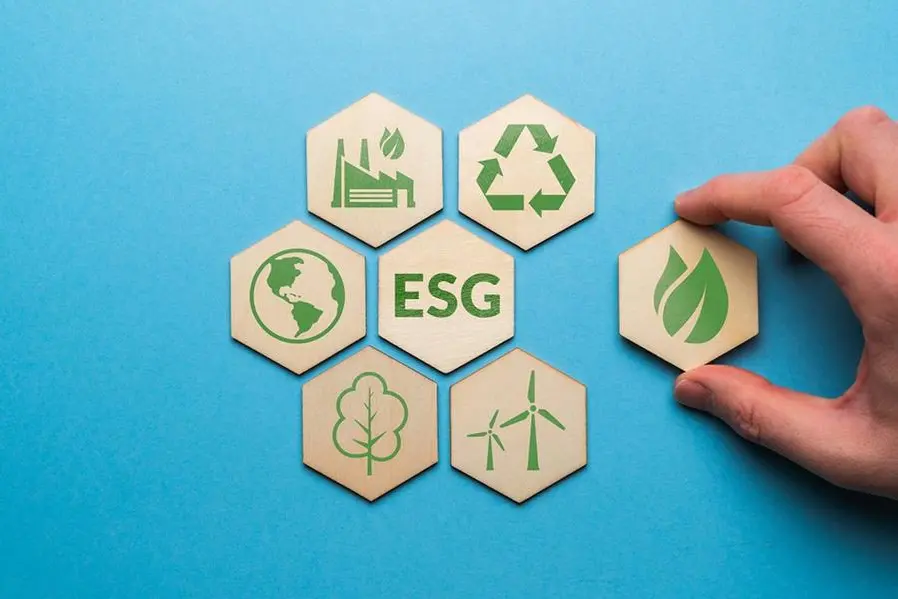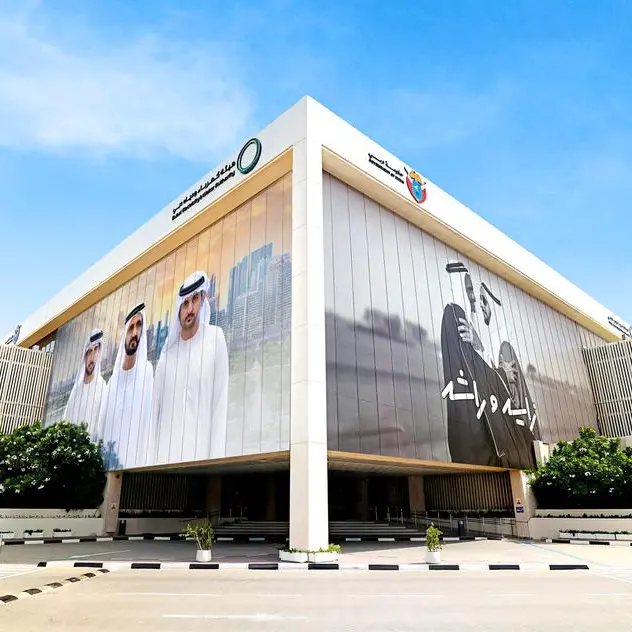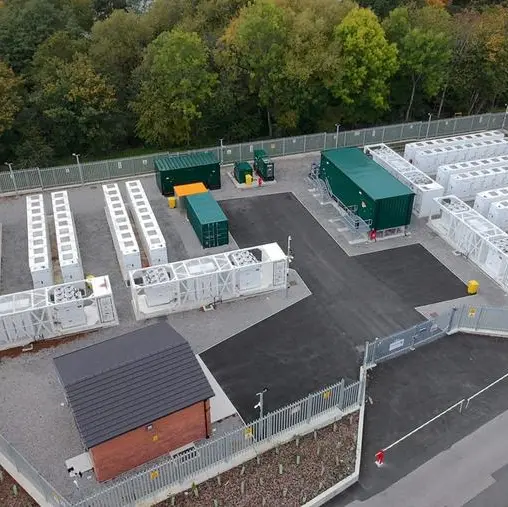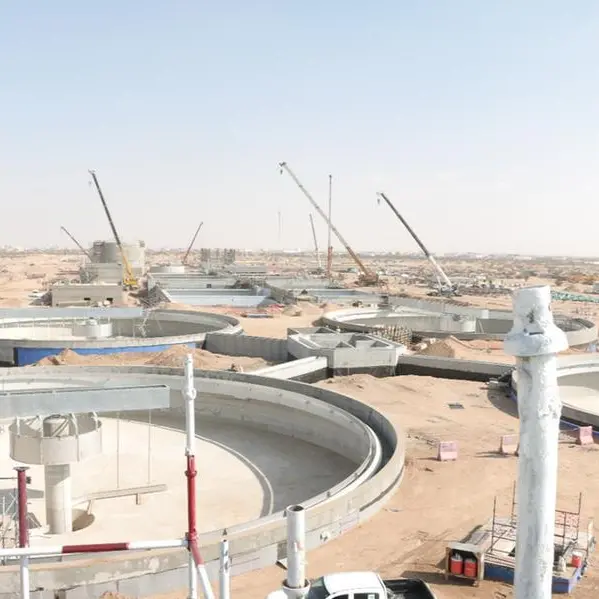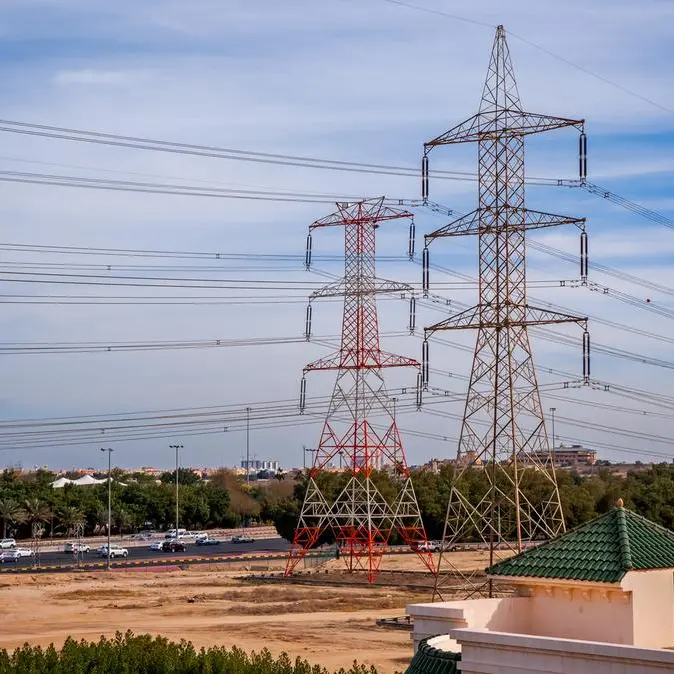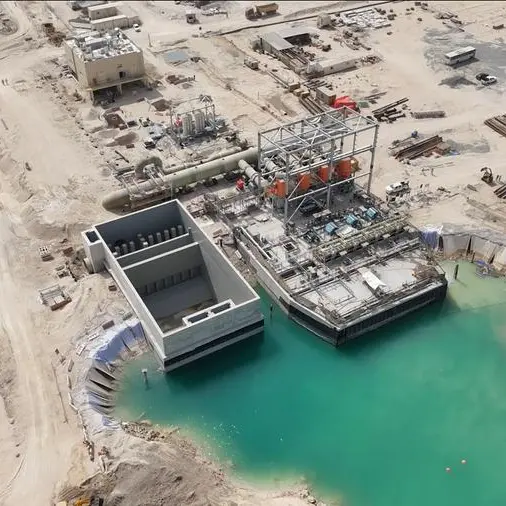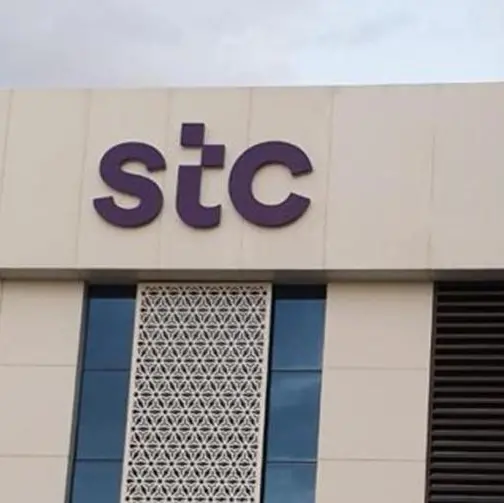PHOTO
High oil prices certainly boost the Middle East's financial outlook, but this is far from the whole story. Inevitable economic peaks and troughs mean borrowers with a diverse toolkit and attitude of adaptability will be able to quickly capitalise on investors' appetite during the global energy transition – the most significant challenge in modern history.
The financing yardstick to release capital is surer than ever: proof of concept and the project's validity must be extremely robust. For example, Mashreq has committed to provide or deploy $30 billion of sustainable financing by 2030 – a vast sum in a very short amount of time in a very ambitious space. Yet, our challenge is echoed by others in the financial ecosystem: finding the right commercial and environmental destinations to justify allocating the credit. Essentially, money is available across the Gulf Corporation Council (GCC), but borrowers need to elevate the strength of their proposals.
Streamlining the sell
Momentum to craft a mixed energy basket is undoubtedly moving fast, but more can be done. For one, more clarity is needed on the follow-through of climate commitments made at recent COPs – the world's biggest annual climate gatherings. This applies to COP27 in Egypt last November and COP28 in Dubai in ten months, as investors are reassured by seeing tangible steps emerge from the high-level dialogue. This is especially true for those asked for big-ticket financings in relatively new energy markets, like circular markets and green hydrogen.
There are far more questions in the energy transition than answers; investors want to see strategies that aim to reverse this global status. Other much-needed actions include ironing out policy frameworks and reporting standards, from carbon pricing to carbon capture and storage (CCS).
Of course, such frameworks and standards must meet international best practices, but it is equally crucial that they factor in local and regional nuances. Not only does this make them more useful and applicable, but it helps borrowers capture the attention of many types of investors.
Investors' need for greater visibility extends to the hydrocarbon sector – pivotal to sustaining energy security – especially as the Russia-Ukraine war affects supply-demand dynamics. With the International Energy Agency (IEA) expecting global oil demand to rise by 1.9 million barrels a day this year to a record high of 101.7 million barrels a day, garnering investors' support to both expand and green hydrocarbon operations simultaneously is key.
Ramping up Environment, Social, and Governance (ESG) efforts is another sure route to deepening investors' buy-in. Many corporate clients already want to understand how to curate ESG guidelines and policies with long-term relevance; a fair enquiry when there are 600 reporting standards worldwide, according to Ernst & Young. Those who commit to designing the most appropriate and thorough system today will reap the reward as ESG credentials will carry great favor with investors, especially from 2025.
Up, up, up
The UAE's gross domestic product (GDP) growth is expected to exceed 6 percent in 2022, improving from 3.8 percent in 2021, according to the International Monetary Fund (IMF) – a solid trajectory. The organisation added that non-hydrocarbon growth alone this year could climb by 4 percent, an important nod to the breadth of economic potential for OPEC's third-largest producer.
Local champions in the GCC are also actively playing their part in enticing capital deployment and confidence in the region, such as Masdar. Abu Dhabi's green energy giant is targeting at least 100GW renewable energy capacity and producing up to 1 million tonnes of green hydrogen by 2030, which is bold considering today's global green hydrogen market is minuscule.
Saudi Arabia has pledged $180 billion to meet its Net Zero target by 2060, and the UAE has committed $163 billion to reach Net Zero by 2050 – the Middle East's largest and second-largest economies, respectively – certainly reinforces investors' willingness to get involved.
Ever-discerning investors seeking holistic progress will force some energy borrowers to really up their game this year, operating more transparently and boldly than ever. This positive squeeze will create more robust capital markets that support the right projects at the right time, enhancing energy security and the climate agenda – both imperative, especially as the UAE prepares to open doors to COP28.
(The author is Senior Vice President, Energy Sector, Mashreq Bank. Any opinions expressed in this article are the author’s own)
